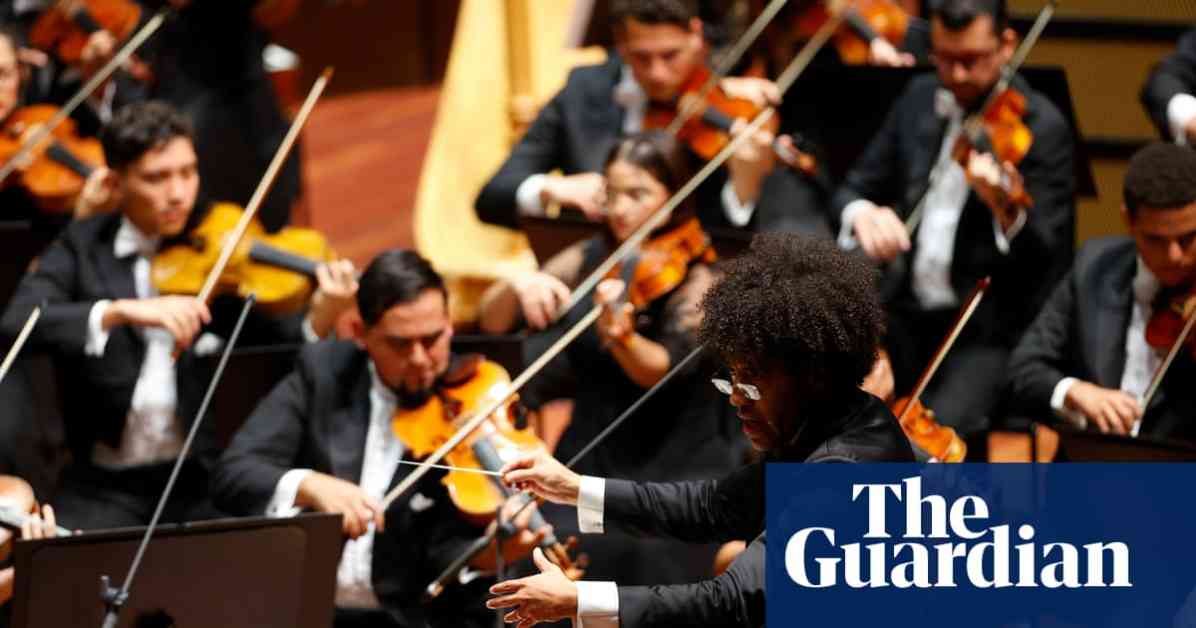Renowned Pianist Calls for Boycott of Venezuelan Youth Orchestra
Renowned Venezuelan pianist Gabriela Montero has made an urgent plea to concert halls and music promoters worldwide to cut ties with the Simón Bolívar Symphony Orchestra of Venezuela (SBSOV), closely linked to Nicolás Maduro’s administration. Montero’s call comes amidst widespread suspicions of electoral fraud in Venezuela’s recent presidential election, raising concerns about the orchestra’s association with Maduro’s regime.
The Controversial World Tour
The SBSOV is set to perform in Europe at prestigious classical music venues in January to commemorate the 50th anniversary of Venezuela’s renowned music training program, El Sistema. However, the tour coincides with Maduro’s expected third term inauguration, despite doubts about the legitimacy of his victory. Even Maduro’s regional allies, Brazil and Colombia, have refused to acknowledge his claims, signaling growing international skepticism.
Music as a Political Tool
Critics argue that Maduro’s regime has transformed the orchestra, once celebrated for its talent development and vibrant performances, into a propaganda tool on the global stage. With key political figures associated with El Sistema’s board, including Maduro’s son and vice-president, the orchestra’s independence and artistic integrity have been called into question.
A Call for Solidarity
Montero, a recipient of the Human Rights Foundation’s Václav Havel international prize, urged artists to stand in solidarity with the Venezuelan people by boycotting regime-affiliated entities like the SBSOV. She emphasized the moral imperative for the cultural sector to resist being complicit in promoting a failed political agenda through music, demanding a shift towards a more ethically grounded approach.
In a world where art and politics often intersect, Montero’s plea raises crucial questions about the role of music in reflecting and challenging oppressive regimes. As the global community grapples with the ethical implications of cultural partnerships, the power of music to shape narratives and inspire change remains a potent force for advocacy and resistance.
















